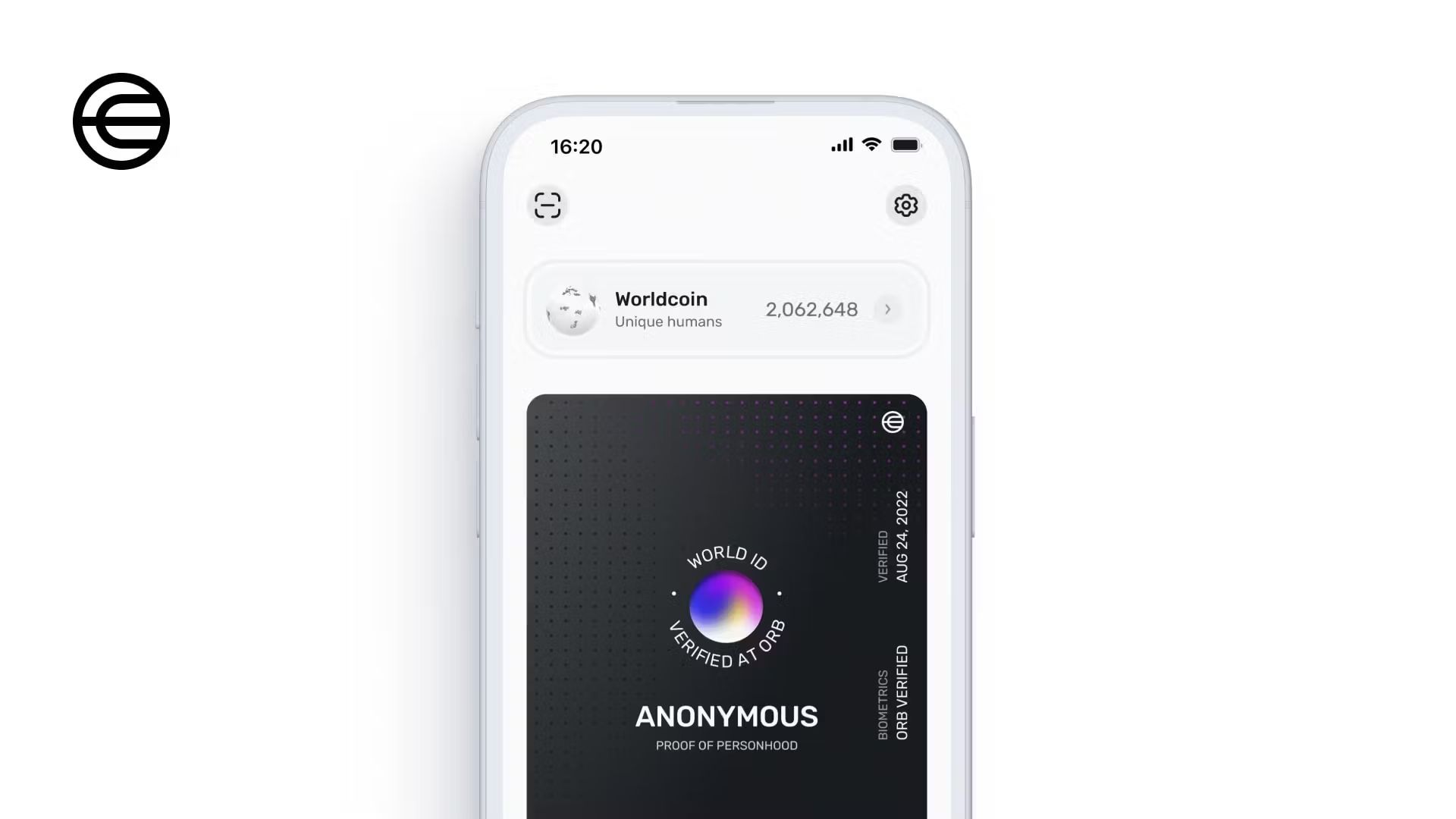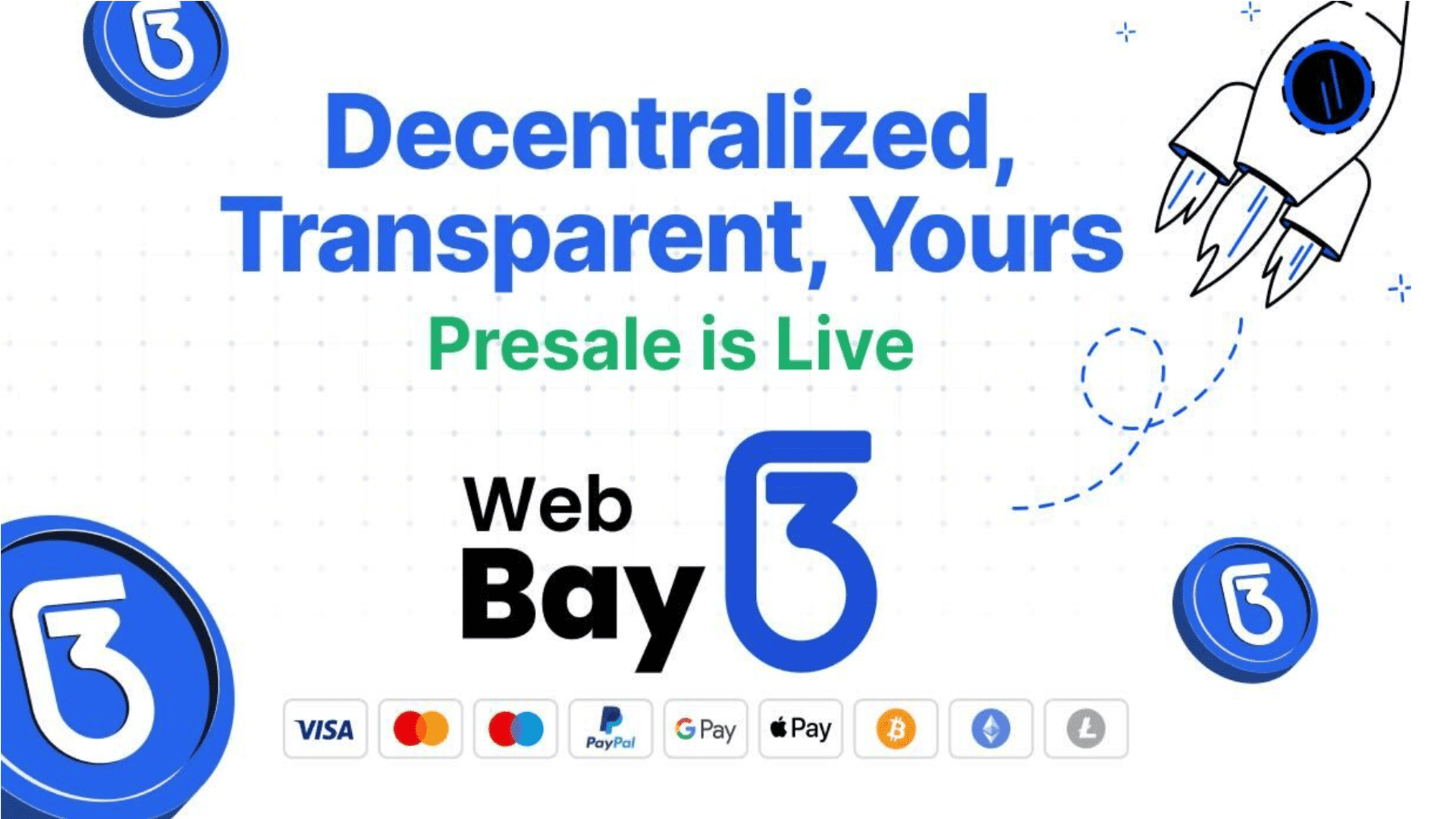Is Worldcoin legit? The question on everyone’s mind is whether Worldcoin, a project spearheaded by OpenAI CEO Sam Altman, will live up to its global launch. In a daring endeavor, a groundbreaking initiative has set its sights on dominating the realm of human authenticity verification. This audacious project proposes a unique approach, offering individuals crypto tokens in return for a meticulous eyeball scan. This bold concept is as innovative as it is ambitious. European data protection authorities have expressed interest and raised concerns about the concept.
In recent times, there has been a notable surge in the importance placed on validating our humanity in the digital realm. The emergence of AI-powered tools like ChatGPT, developed by companies like Altman’s OpenAI, seems to be the driving force behind this phenomenon. The rapid progress in this field has led to a growing difficulty in differentiating between content generated by bots and human digital activity. In a bold and innovative move, Altman has put forth a captivating proposition – a cutting-edge eyeball-scanning device combined with a crypto token. This groundbreaking solution holds the potential to restore our individual human identity within the vast realm of the digital landscape.
Is Worldcoin legit?
Worldcoin, a legitimate venture, boasts noteworthy support from reputable figures including Sam Altman, the former president of Y Combinator and current CEO of OpenAI. Moreover, the project has established a solid technological framework.
The Sam Altman crypto project “Worldcoin” is out
Worldcoin has emerged as a revolutionary concept that aims to authenticate the very essence of your human identity. Gone are the days of uncertainty, as this digital innovation serves as a definitive declaration, separating genuine individuals from bots or artificial intelligence. With Worldcoin, the assurance of being a bona fide person is finally within reach. The crucial component in question is referred to as the ‘World ID’, serving as a verifiable proof of one’s individual identity. In the digital era we are currently navigating, Worldcoin emphasizes that the verification of human identity is an essential necessity.
Obtaining your World ID not only provides you with a virtual passport to the global community, but also offers a multitude of benefits. Upon successful authentication, users are granted a specific number of Worldcoin tokens as a reward. The native cryptocurrency of the Worldcoin ecosystem, commonly referred to as tokens, serves as a means of exchanging value within the blockchain economy. As expected, the Worldcoin tokens, also known as WLDs, can be easily exchanged for other popular cryptocurrencies such as Bitcoin.
So, “Is Worldcoin legit?” It appears the answer lies in how the digital world responds to this innovative approach.
How does Worldcoin work?
Pop-up locations have emerged across Europe, including the UK, France, Germany, and Spain, offering individuals the opportunity to obtain Worldcoin “digital tokens” by providing their biometric data to Worldcoin’s unique and somewhat futuristic orbs. Privacy regulators in multiple regions are expressing concern and taking action regarding Worldcoin’s handling of Europeans’ sensitive personal data.

OpenAI and Worldcoin maintain that they promptly remove all images stored on the device as a means to safeguard privacy. A cutting-edge technology called zk-proof is being utilized by them, enabling the sharing of proof-of-personhood and distinct humanness without compromising the confidentiality of the sensitive personal data associated with your World ID. In its pursuit to authenticate humanity in the digital realm, Worldcoin faces the daunting task of addressing privacy concerns and regulatory scrutiny. Despite the company’s claims, these challenges remain evident.
Here are all of the Worldcoin orb locations
Is Worldcoin having legal hurdles?
Recently, the Information Commission Office (ICO) of the UK was asked about the rollout of Worldcoin in the country. Publicly, the ICO declared that it would be “making enquiries”. It reminded all businesses that they need to complete a Data Protection Impact Assessment (DPIA) before initiating any procedures that might lead to high risk, such as dealing with special category biometric data. If an organization identifies high risks that they can’t mitigate, they are obliged to consult the ICO. The ICO also stressed the need for “a clear lawful basis to process personal data”, stating: “Where they are relying on consent, this needs to be freely given and capable of being withdrawn without detriment.”
An important issue comes to the fore here: Can consent truly be freely given when individuals are incentivized to provide their biometrics for a token marketed as a form of digital currency? Can this setup address the question, “Is Worldcoin legit?”
Fast forwarding a few days, the CNIL, the French data protection authority, voiced similar concerns as the ICO and further expressed specific doubts about the lawfulness of Worldcoin’s operations. As initially reported by Reuters, the CNIL is not just questioning Worldcoin’s legality but has also disclosed it’s already undertaking an active investigation into the firm.
“The legality of [Worldcoin’s data] collection seems questionable, as do the conditions for storing biometric data,” a CNIL spokesperson confirmed via email. The spokesperson also unveiled, “Worldcoin collected data in France, and the CNIL initiated investigations.”
The CNIL disclosed that the investigation they initiated has been passed onto the Data Protection Authority (DPA) in Bavaria, Germany. This is presumably because Worldcoin has a subsidiary situated in this German state, making the Bavarian DPA the lead data supervisor for Worldcoin within the European Union. The CNIL clarified that it’s aiding the Bavarian investigation “under the mutual assistance procedure” outlined in EU law.
This prompts us to question, “Is Worldcoin legit?” particularly when viewed in light of the regulations set forth by the European Union’s General Data Protection Regulation (GDPR). The GDPR, which continues to be integrated into the UK’s data protection guidelines, employs a mechanism known as the One-Stop-Shop. This mechanism aims to simplify regulatory supervision when issues span across Member State borders, as is the case with Worldcoin.
In such instances, the data controller only needs to coordinate with a single lead DPA. For Worldcoin, that is the Bavarian DPA. TechCrunch reached out to this Bavarian authority regarding the ongoing investigation but was provided with limited information due to the active status of the proceedings. The authority verified that the obligation to carry out a data protection impact assessment is among the first aspects they’ll scrutinize. This assessment should provide a detailed evaluation of the potential impact of the intended processing operations on personal data protection, as well as the measures to mitigate potential risks.
Under the GDPR, biometric data used for identification purposes, which aligns with Worldcoin’s objective, is categorized as “special category data”. This data, deemed highly sensitive, is subject to the most stringent rules for lawful processing.
A representative for Tools For Humanity, the profit-driven tech company that led the development of Worldcoin and operates the World App, clarified to TechCrunch that they are relying on consent as the legal basis for processing European biometrics data. She highlighted that the project depends on user consent for creating proof of personhood and for opting into data custody. She also pointed TechCrunch towards Worldcoin’s biometric data consent form and privacy notice, documents that combined amount to almost 7,200 words.

Worldcoin, counting on individuals’ explicit consent to process their special category data under EU law, is obligated to provide a crystal clear explanation about what the processing is for. Given the nearly 7,000 words of legal language presented to individuals along with promises of crypto rewards for their scans, meeting this high standard of transparency appears to be a considerable challenge. Thus, the question “Is Worldcoin legit?” particularly in terms of data consent, becomes even more crucial.
Worldcoin’s governance structure, being a decentralized cryptocurrency project, also seems intricate, making it hard for people to identify who is actually receiving their data. When TechCrunch enquired whether Worldcoin operates as a for-profit or not-for-profit organization, a representative for Tools For Humanity (the entity responding to queries sent to Worldcoin’s press email) didn’t provide a clear-cut answer due to Worldcoin’s complex organizational structure and decentralized governance.
The representative did confirm, however, that Tools for Humanity and its German subsidiary (essentially, the developer of Worldcoin) operate as profit-driven tech companies. In contrast, the primary entities involved, namely the Worldcoin Foundation and the Worldcoin Protocol, are assumed to be not-for-profit organizations. Worldcoin’s website indicates that the Worldcoin Foundation operates akin to a non-profit entity and is incorporated in the Cayman Islands, with profit-making subsidiaries.
Queries have been raised regarding who is managing the data and therefore who is legally accountable for complying with EU data protection regulations. According to the Worldcoin biometric consent form, the Worldcoin Foundation, located in the Cayman Islands, is the data controller for the images and biometric data collected via their Orb device. Although the Worldcoin Foundation is now considered the data controller, Tools For Humanity is identified as a data processor for Worldcoin.

The biometric data consent form from Worldcoin implies that once users ‘sign up with an Orb’ and have their biometric data collected, they won’t be able to request the deletion of their personal data afterwards. Worldcoin maintains that the unique Iris Code generated in this process can’t be deleted as it would undermine the proof of uniqueness. This stance seems to be in conflict with GDPR regulations, which grant Europeans extensive data access rights, including the right to ask for data deletion.
While it remains uncertain how quickly regulatory bodies might move towards enforcement if the concerns are substantiated, Tools For Humanity insists that the Worldcoin project adheres to all relevant laws. There are, however, certain exceptions such as specific US states where residents are outright prohibited from being scanned due to local laws restricting biometric data processing.
Worldcoin also claims to have carried out a “rigorous” data protection impact assessment and is committed to collaborating with partners across Europe. Their goal is to ensure that Worldcoin meets regulatory standards and offers a safe, transparent service for verified humans.
Is Worldcoin demonic?
Worldcoin is essentially a tech-finance venture that aims to establish a unique digital identity for each person via biometric data, specifically iris scans. It’s affiliated with the development and use of cutting-edge technology and digital currencies, which may be seen as controversial to some. However, to label it as “demonic” would probably be a subjective opinion and interpretation. We discussed how does the future of WLD coin look here! Also, Sam Altman’s crypto is out but do you know how to withdraw Worldcoin?
Disclaimer: The content provided herein is not intended as investment advice. It is purely a compilation of events and updates related to Worldcoin. This information is designed to inform and educate, not to guide or influence investment decisions. Please conduct your own research and consult with a professional financial advisor before making any investment decisions.
Featured image credit: Worldcoin
Credit: Source link















































